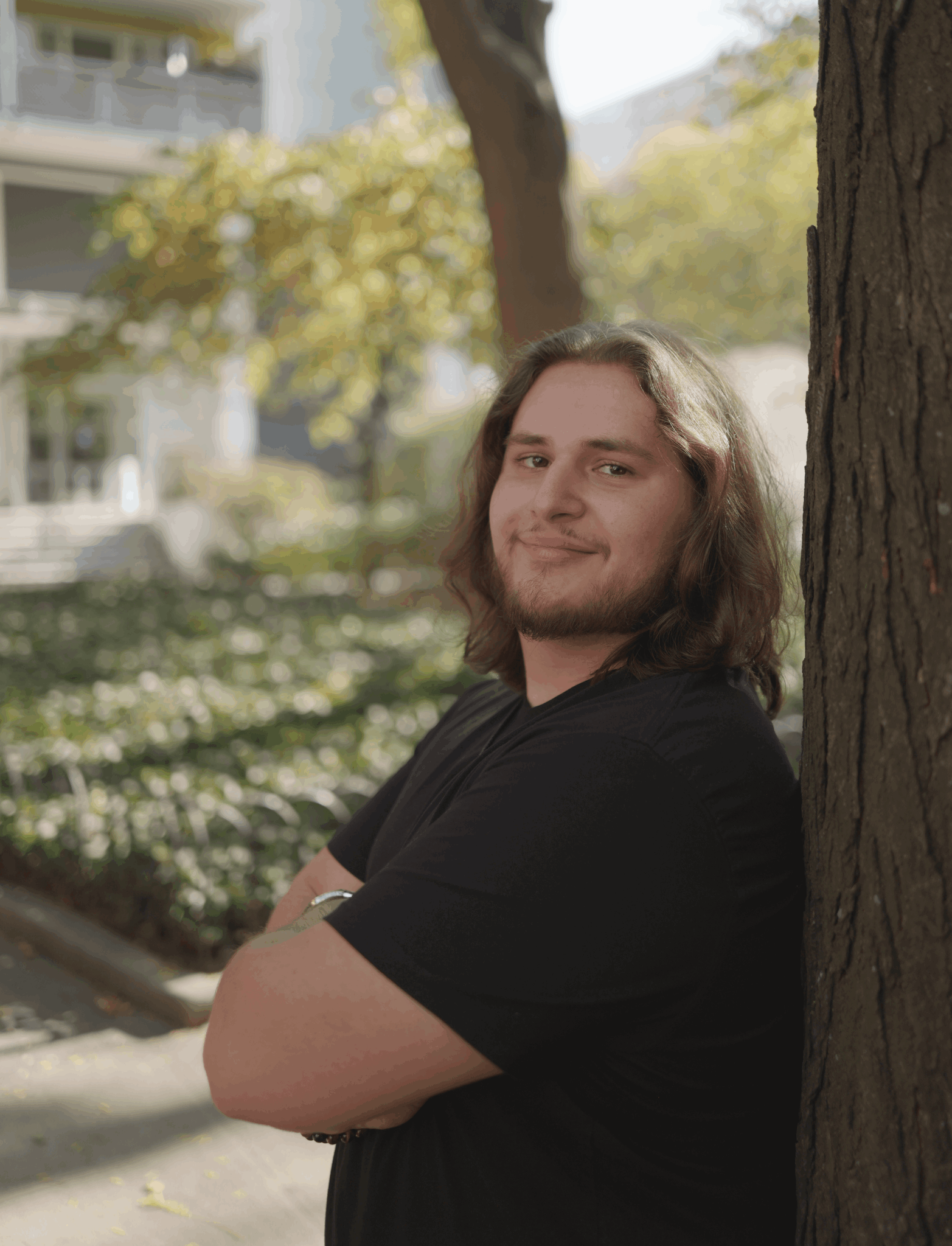Today we’d like to introduce you to Chris Casillas.
Hi Chris, so excited to have you with us today. What can you tell us about your story?
I have always been a musician. Music courses through my veins every day, and I would not be myself if I was without it. Before I discovered composition, I was a performer on keyboard and saxophone. I played in my schools, in bands of various genres, and often performed as a studio musician for many of my peers (a service I still provide today). I loved performing then and I love it now, but there were always a few things that bothered me about it. Firstly, I was never attracted to the idea of going on extended tours around the world. I love traveling, but I also value time I have to myself and the time I have at home. Secondly, I always had trouble sticking to one genre of music. One look at my spotify playlists, and you can see I listen to a VERY broad range of music. One hour I could be head banging to metal or dubstep, and the next I will be getting lost in classical music or jazz. This love for all styles of music made it hard to stick with a single group and even harder to start a band myself. Enter the world of film scoring…
I decided to take a film scoring elective at my undergrad university (Loyola New Orleans) and my mind was opened to the possibilities of a whole new world of music. I have always loved listening to the scores of film and video games, and when I learned how to write this kind of music myself, I was completely blown away. Not only did I now have the ability to write more eclectic and complex music, but I also got to aid in making a bigger piece of art. The marriage of music and film is a truly powerful coupling. When they come together, they have the potential for so much emotional intensity. I know I, and countless others, have been touched by amazing films, and I knew I wanted to be a part of something like that.
In my mind, film scoring is like joining a new rock band. The director is the frontman, the actors are the flashy guitarists, the cinematographers are the rhythm section providing the structure, and the composers are the keyboardists: they add a different element that fills in the gaps and ties everything together– and also because many composers use keyboards to write their music. This new band is something I can get behind. It allows me to express myself more creatively and I am not locked into one genre. In the short time I have been scoring media, I have composed music in at least 20 different genres, and in some films I even get to blend them together.
Can you talk to us a bit about the challenges and lessons you’ve learned along the way. Looking back would you say it’s been easy or smooth in retrospect?
It most certainly has not been a smooth road, but is anyone’s road ever smooth? Especially the roads of creative fields? I have faced many challenges in my career so far. Some of my longest, still concurrent, struggles are overcoming my introverted tendencies, social anxiety, and my stutter. Many people have told me I seem extroverted, but I’m really not. Despite what it may seem, I am always TERRIFIED any time I am at a networking event. That being said, I always push myself to go to these networking events. Socializing and networking are muscles that can be trained and strengthened. On top of my introverted tendencies, I have had a stutter since youth that gets worse when I am nervous. I never let this stop me from speaking though. I refuse to let it get in my way. I am more than my stutter and it doesn’t define me as a person or as an artist. Additionally, I know I can learn to eventually manage it. I find much inspiration from the movie “The King’s Speech,” and actors such as Bruce Willis and James Earl Jones. Both of these actors were horrible stutterers, but eventually learned to control it and have become two of the most famous actors in Hollywood.
Another huge obstacle I have had to face was the death of my father. He passed right before my second semester of graduate school (NYU). I was deeply affected by it, not only because he was my dad, but also because he was the one who set me on my musical path. He, too, played the saxophone, and he was my teacher, my mentor, and one of my biggest supporters. With him gone, my life utterly changed. Two years later, I am still healing and may never fully heal, but I know one thing: My dad would want me to pick myself up and keep fighting. He would want me to be strong like him and to make my dreams happen. I know he is proud of me and is always watching over me as I navigate this musical world. If anything, I now feel more driven than ever, and I am not going to back down just because life gets difficult. Everyone has their problems in life, and we can either let ourselves fall victim to them, or face them head on with all we’ve got.
As you know, we’re big fans of you and your work. For our readers who might not be as familiar what can you tell them about what you do?
I am a composer for film, video games, and other media. Basically, I write music for anything that has a visual component. If you have ever watched Star Wars, Pirates of the Caribbean, or How to Train Your Dragon and have been enthralled by the music behind the film, then you understand. I want to be the guy who writes that music. There is no one set genre for this kind of music, but there definitely are stylistic choices. One can easily differentiate the work of John Williams from the work of Thomas Newman. One is highly orchestral and lively while the other is more minimalist and ambient. As for myself, I would describe my work as energetic, eclectic, and experimental. Additionally, I like to write pieces that are interesting and fun for the musicians to play.
My composition style tends to be very melodic and motif-based, but I love merging music genres together, and writing for ensembles consisting of unlikely instrument pairings. One may not think to combine flutes with electric guitar or synths, but I will include instrument combos such as these in my work. Better yet, I may route the flute through guitar amps or digital distortion. I love manipulating the sounds of common instruments and discovering new sounds to work with. I don’t believe a composer needs to always be confined to the standard orchestra. I enjoy pushing the boundaries of it, and expanding it to new heights.
I attribute my love of sonic experimentation to my background. I have played in many different kinds of bands, and I listen to a very broad range of music on the daily. When I compose, I channel all of these past experiences into my music. I get influence from jazz from the time I lived and performed in New Orleans. I hold onto my rock and metal roots from playing in those kinds of bands. I think about all the technical and intricate passages I needed to play when I studied classical music in school. In the past I never liked being locked into one genre at a time, but now I have the freedom to merge musical styles and instruments together seamlessly. I feel like this is what sets me apart from other composers, and what gives me my sonic identity.
Is there anything else you’d like to share with our readers?
Because I enjoy working with so many styles of music and instruments, I have taken it upon myself to learn how to play as many instruments as possible. My two main instruments are keyboards and saxophone, but I am a multi-instrumentalist. As a saxophone player, I double on other orchestral woodwinds; additionally, I dabble in other various instruments including plucked strings, cultural woodwinds, and singing. My father was a middle school band director who was able to play every standard symphonic band instrument, and growing up, I wanted to be like him. I would always spend hours in music shops playing all the instruments they had and learning how they work. When I got money or when my birthday came around, I would get some of these instruments for myself. Over the years, I have built up my collection, and to this day I still play them all. Little did I know then that I was setting myself up very nicely for my future as a composer.
I personally believe it is of major importance for composers to get their hands on as many instruments as possible even if they only get to mess around on them once. In my case, learning how these instruments work– or better, learning how to play them– gives me so much knowledge on their ranges, mechanics, and what works for them musically. It allows me to put myself in the shoes of a player of that instrument, and ultimately teaches me how to compose for them better. Additionally I save myself money when I need to record any of these instruments– I can just record them myself. As independent composers, we cannot always afford to hire a full orchestra to record our music. Instead, we compose our music with virtual instruments, electronically rendered recordings called MIDI mockups. I love recording myself for these mockups because live recorded instruments can bring so much more life to MIDI mockups. It’s a great way to save money, and a great way to add realism to scores.
Contact Info:
- Website: https://linktr.ee/chris.casillas25
- Instagram: https://www.instagram.com/chris.casillas25/
- Facebook: https://www.facebook.com/ChrisCasillas99
- LinkedIn: https://www.linkedin.com/in/chris-casillas-974551315/
- Youtube: https://www.youtube.com/@chris.casillas25
- Soundcloud: https://soundcloud.com/chriscasillas
- Other: Spotify: https://open.spotify.com/artist/4HItI3nXQziT0E0nvIK8aM?si=kA6_T_jOQA-mrX8OHYZJzg
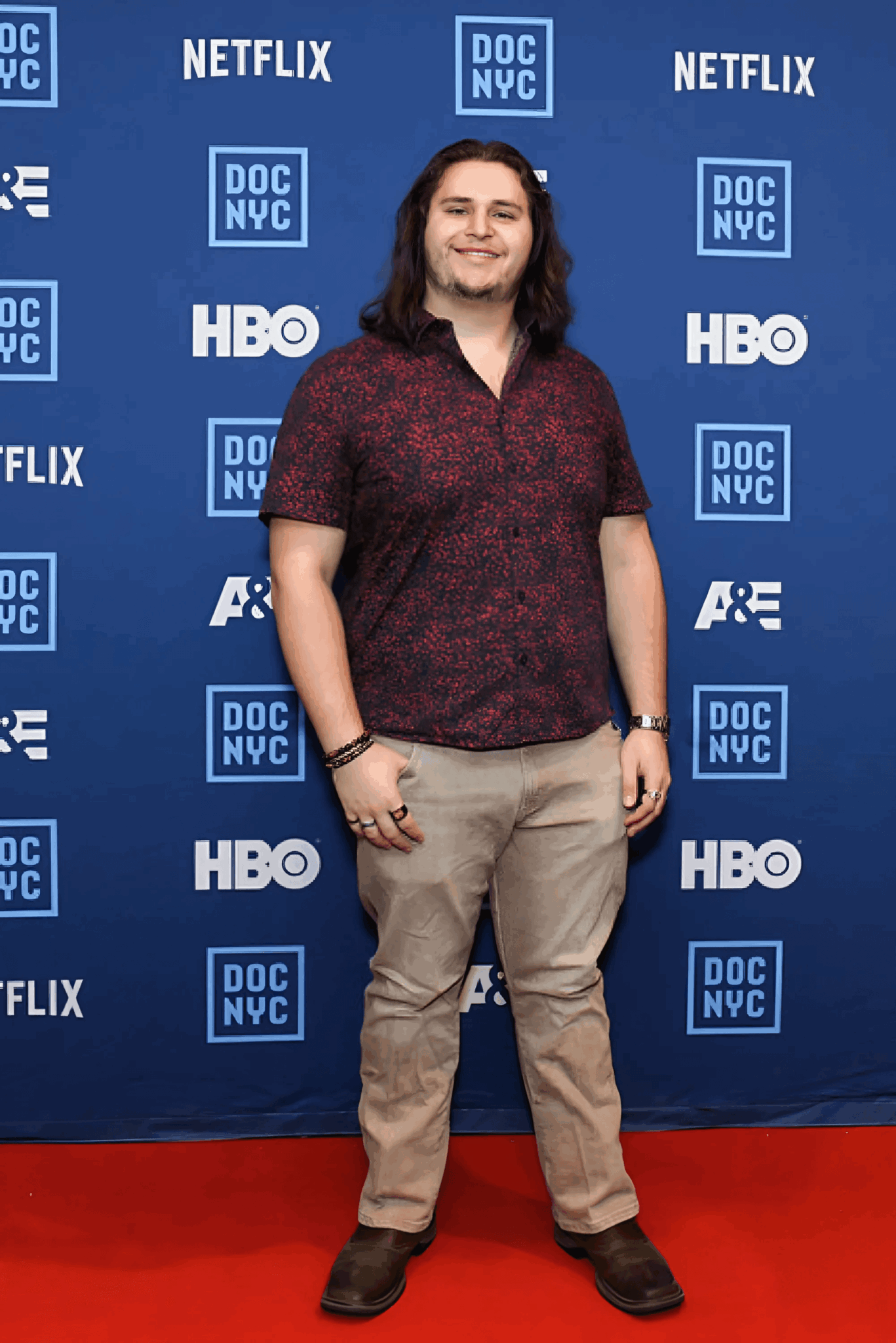
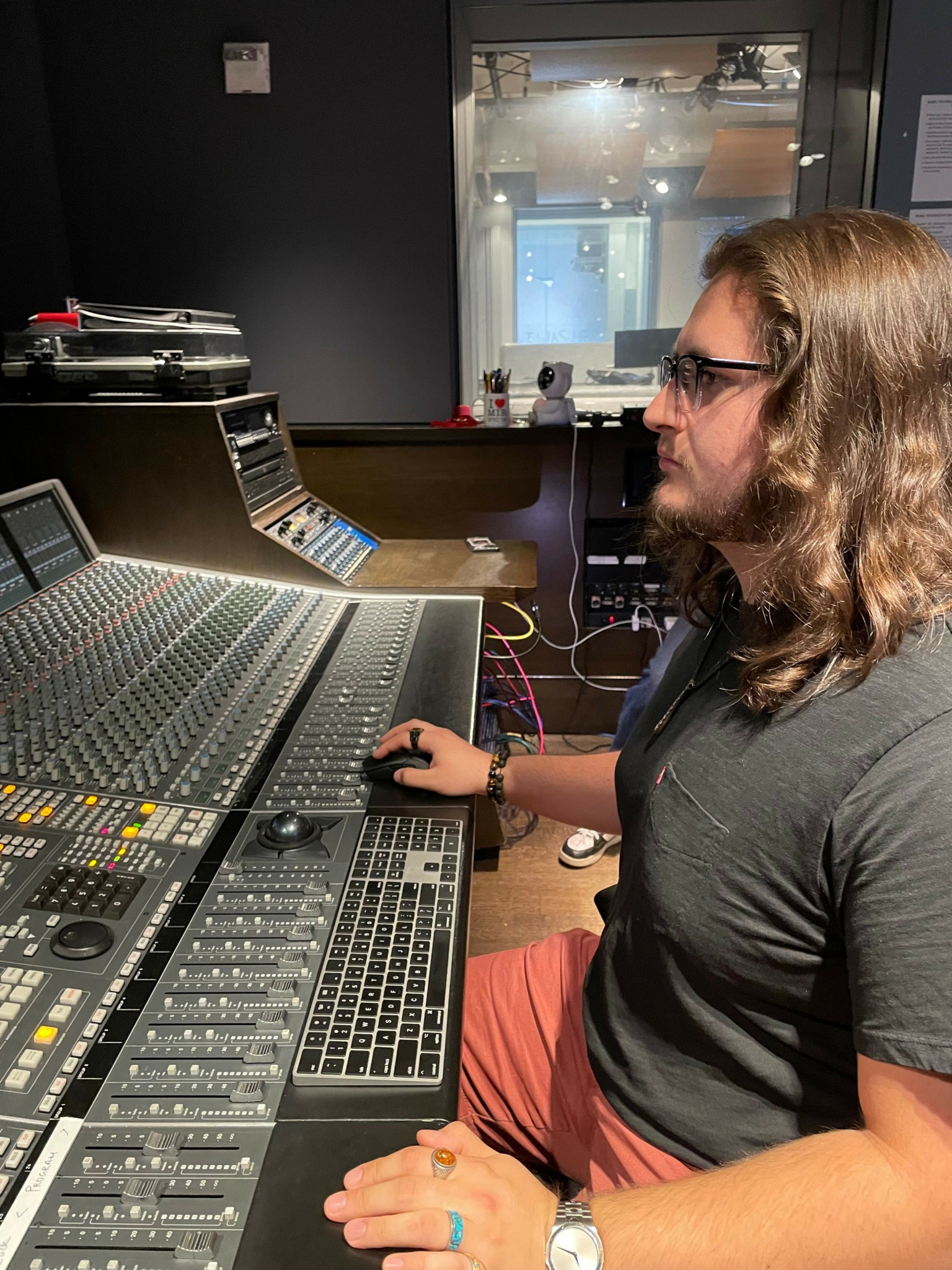
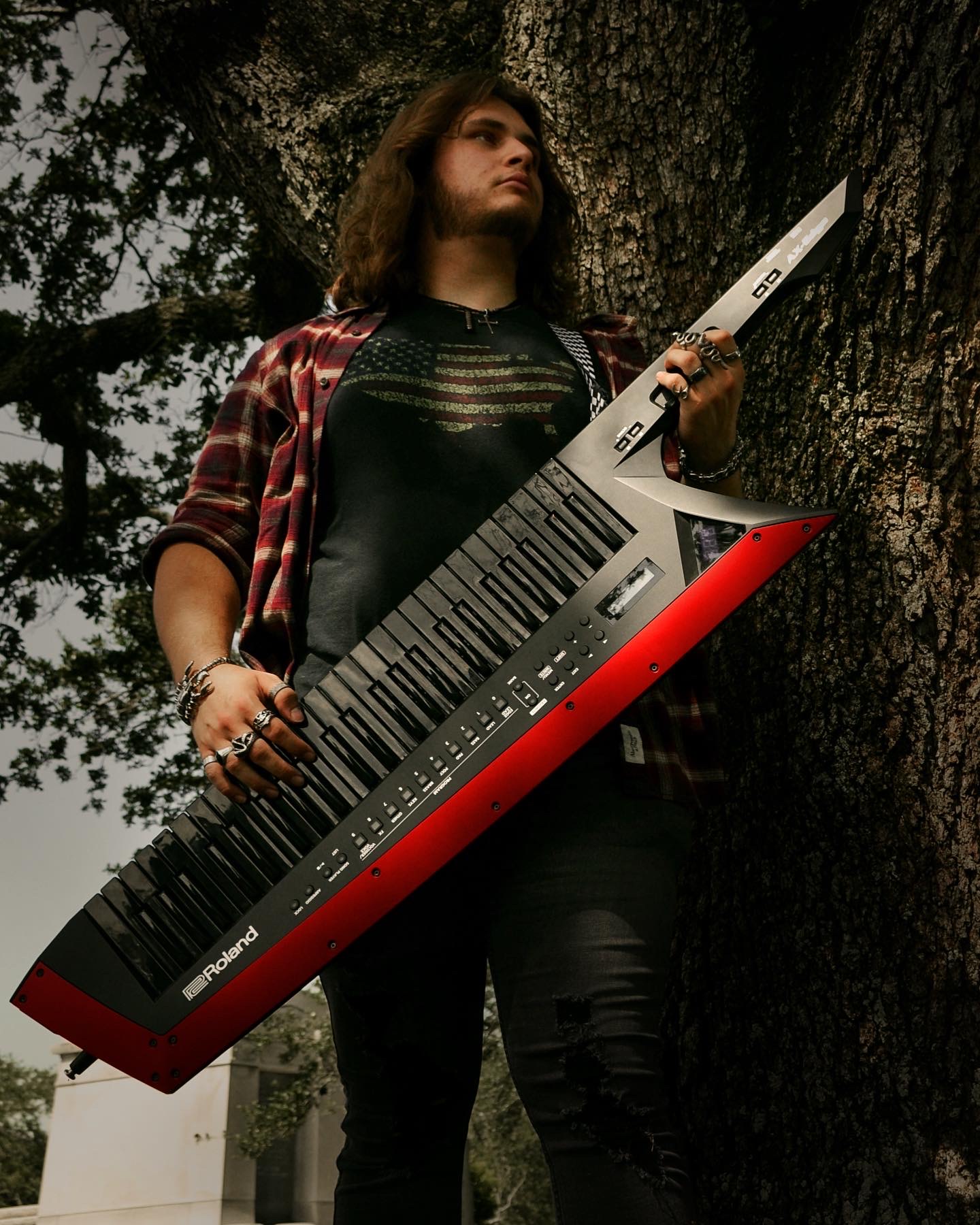
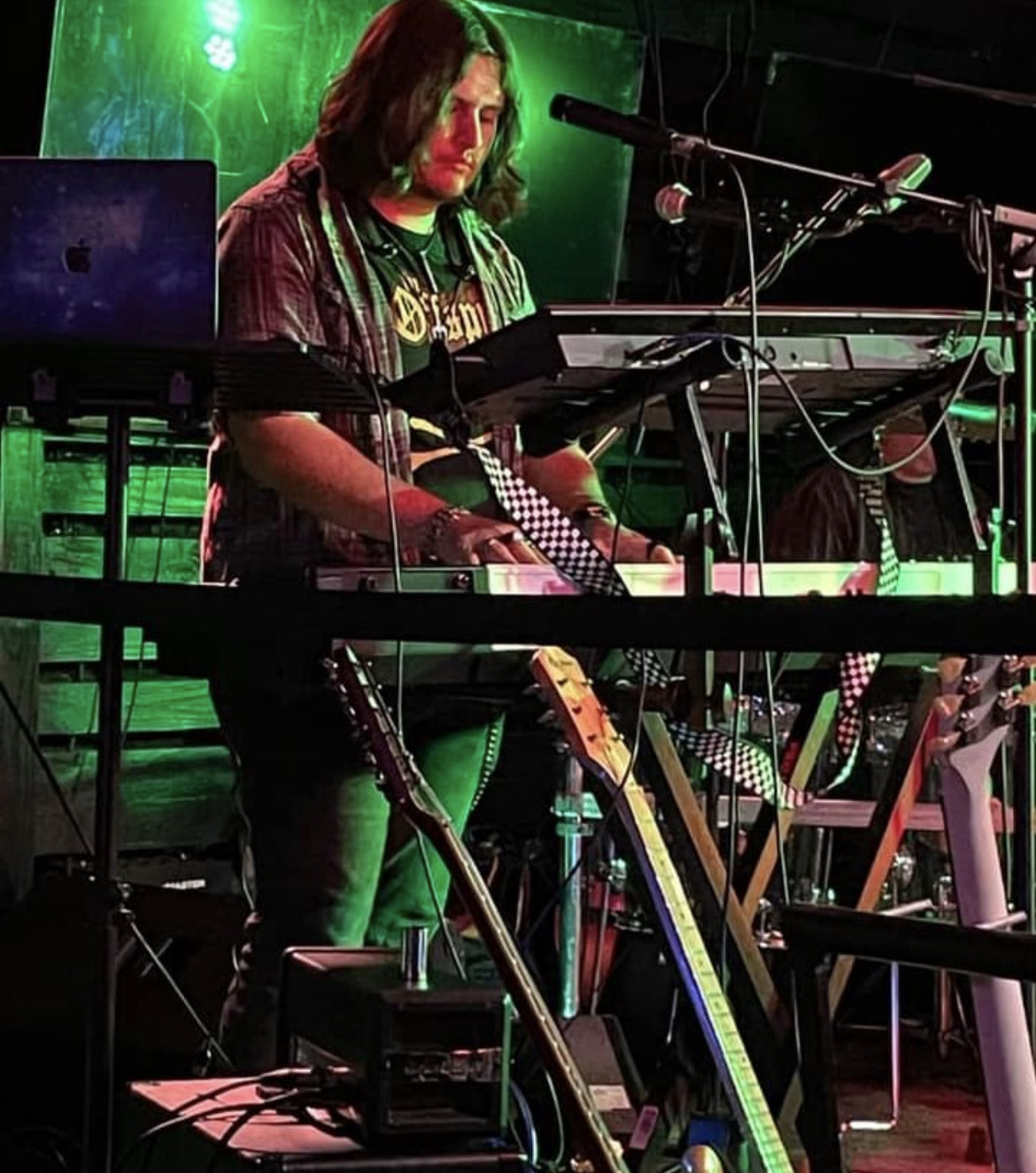
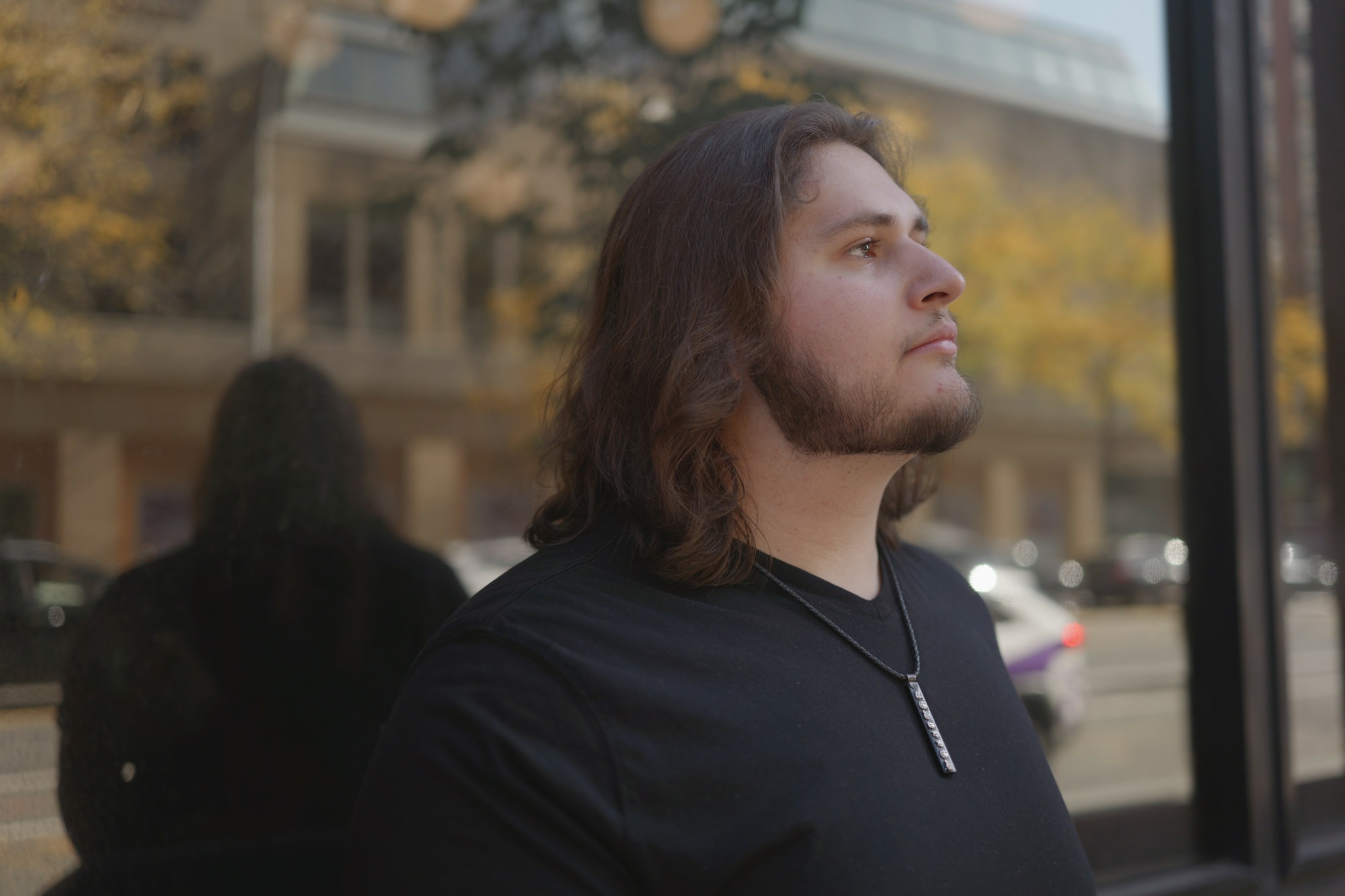
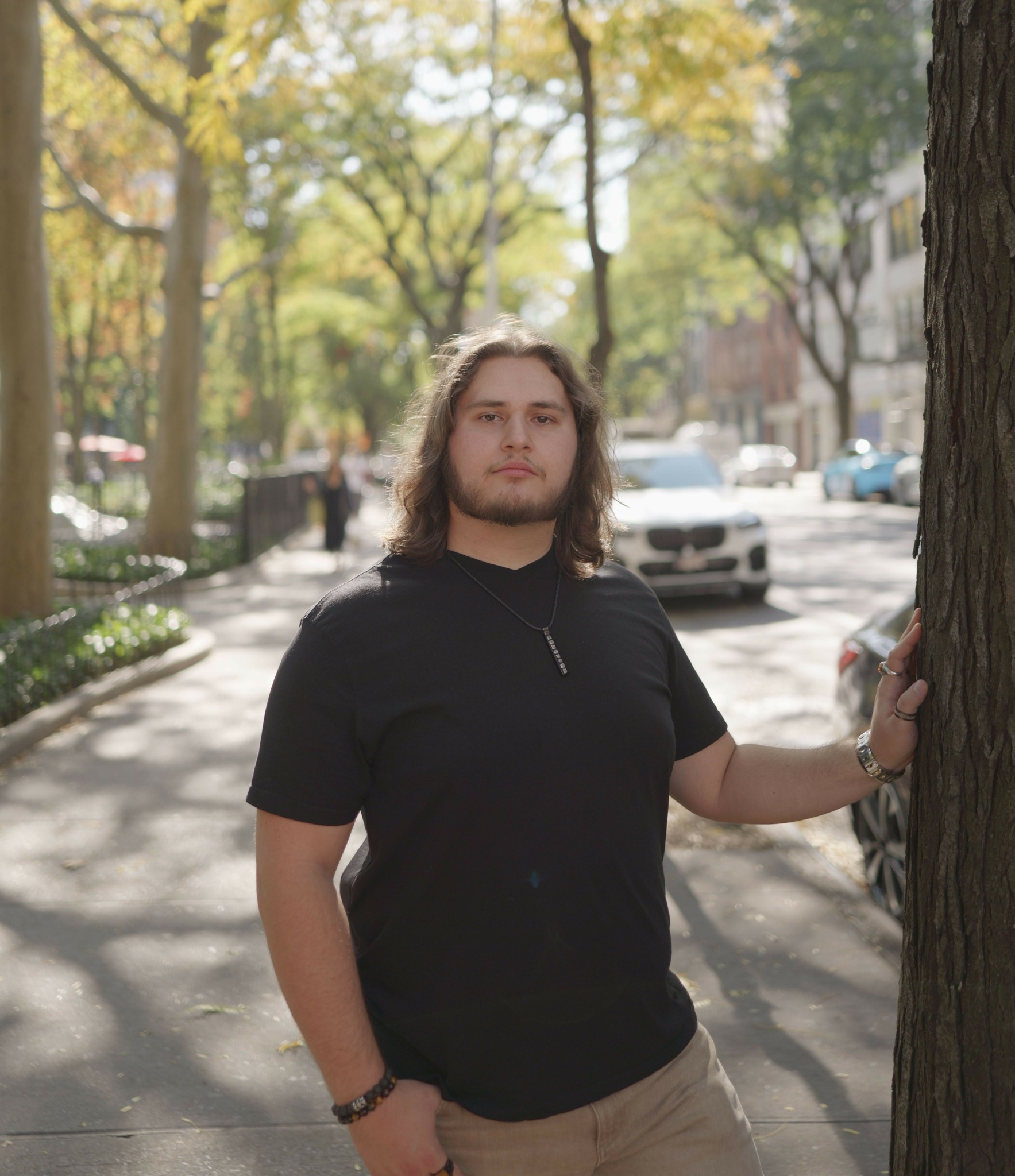
Image Credits
January Yucheng Li


